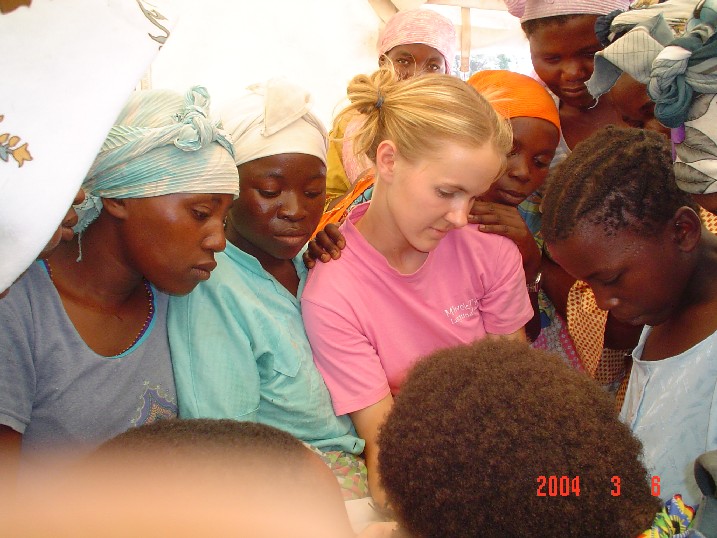OK. It’s a lost cause. I’m thousands of email behind, without cell phone or the Sidekick that keeps me sorta on top of email sometimes (or at least lets people bug me on AIM). Plus, my server crashed so i lost a bunch of email. Furthermore, i lost everyone’s phone numbers (again….). I don’t know how to be gracious about this so please accept my ungracious apologies for truly turning into a California flake about communication.
I used to send out emails to my friends in bulk telling them that i suck for being a bad communicator and promising to be better about it. At one point, i wrote out to everyone and said that there’s a low likelihood of me ever catching up or getting better abou communication and groveling. A friend immediately wrote me to congratulate me on learning to be honest with myself. Hrmfpt. He knew me all too well.
Alas…
Oh, and riddle me this. You are a robber. You have two phones in your hand. One is a Sidekick with a pretty little image that says “Web.” The other is a Sanyo operating Sprint with its slow backasswards Vision interface. Which one do you use to make web purchases? The Sprint of course! [In fact, as far as i can tell, you never figured out how to use the toy.] But don’t worry. You’re an equal opportunity credit card abuser even if you refuse the cool toy for the broken one. Of course, maybe this says something about interfaces for the masses that i just don’t get…
This incident once again affirmed my feelings on the “man” is basically good/evil discussion that got me into bigtime trouble in the 9th grade. We were stuck reading Lord of the Flies and apparently supposed to argue that it could never happen because “man” is basically good. I disagreed. I fundamentally believe that “man” is basically greedy (which converts to evil in a binary world). Those in power do whatever it takes to maintain power; those without it do whatever it takes to live the lifestyle they want to live. We live in a society that doesn’t see most forms of greed (a.k.a. capitalist success) as bad and we encourage everyone to strive for it. Ah, Protestant ethic. But lots of people never get out of the gates and thus are never going to win the race so they might as well cheat. I remember talking to a friend who worked in a retail store. 25% of the merchandise went out the door unaccounted for. Most theft was employees. Everyone paid for it.
So, here i am sitting in my overly privileged life griping about someone stealing shit from me that will probably cost me about 80 hours of hassle and a little over 1 month’s rent. I can cope. I can get a job. I have opportunities. I have job interviews.
I try really hard to think that maybe they stole that shit from me and helped out their kids or paid their rent. But the little doubter in me can’t help but wonder if my Sidekick and wallet went up their nose/arms. And the cultural pessimist in me wonders how much everyone’s experience with this little incident (since so many people apologied for letting them in) increased homophily in some way… increased intolerance and lack of openness for people different than us. ::sigh::
But i do indeed understand why people get more intolerant as they get older… the burns start to hurt more and more. This is my fourth time dealing with pain-in-the-ass theft in 2 years. It was always due to my naive trust. Let go of my purse at a friend’s loft (2 years ago). Let a AAA guy into my car. Left my car in mid-town NY. Let go of my purse at a friend’s loft (this week).
I hate not being able to resolve the “why” question… why do people do this? If you read this blog and you’ve ever stolen someone’s wallet, can you explain why (anonymously)? I really want to know…

